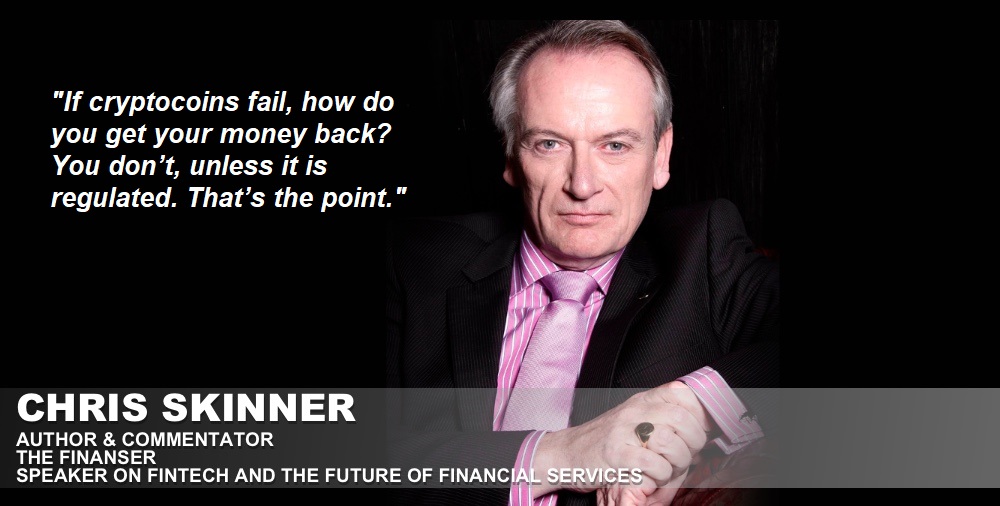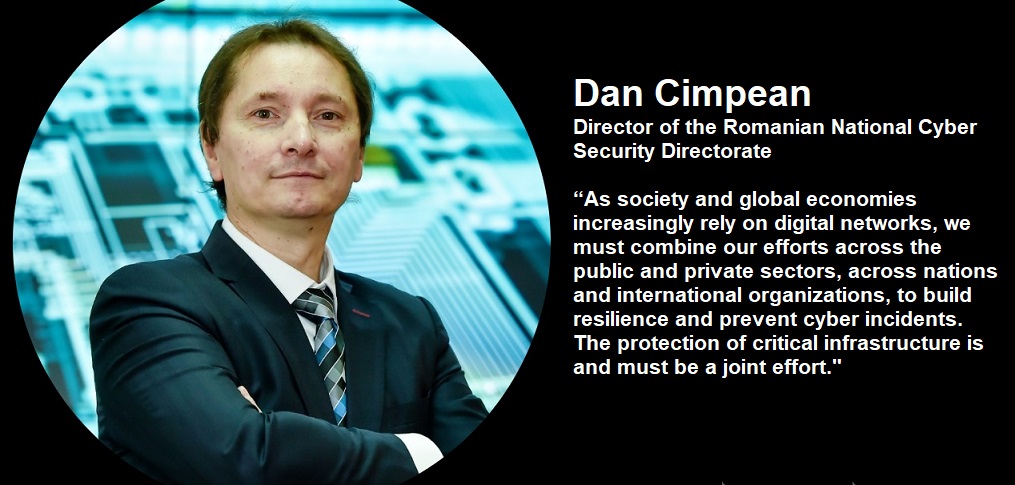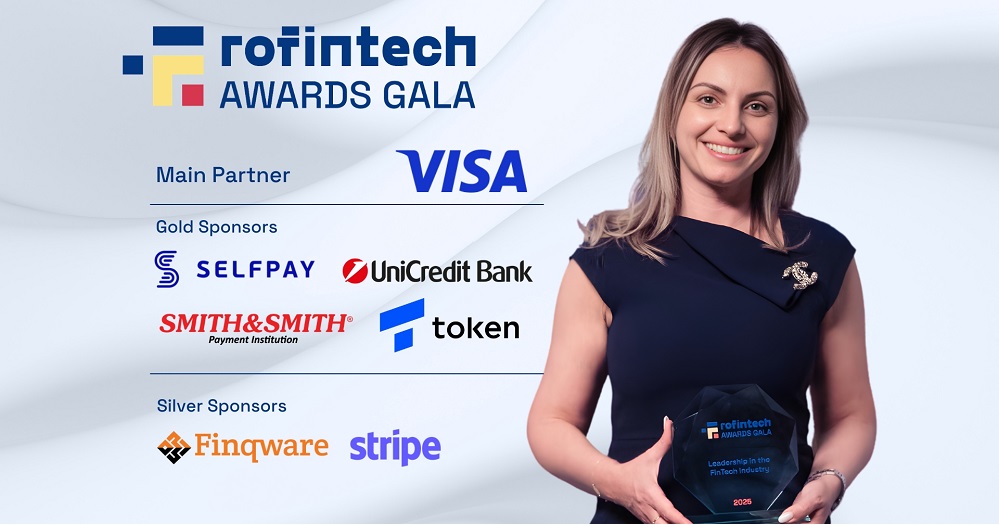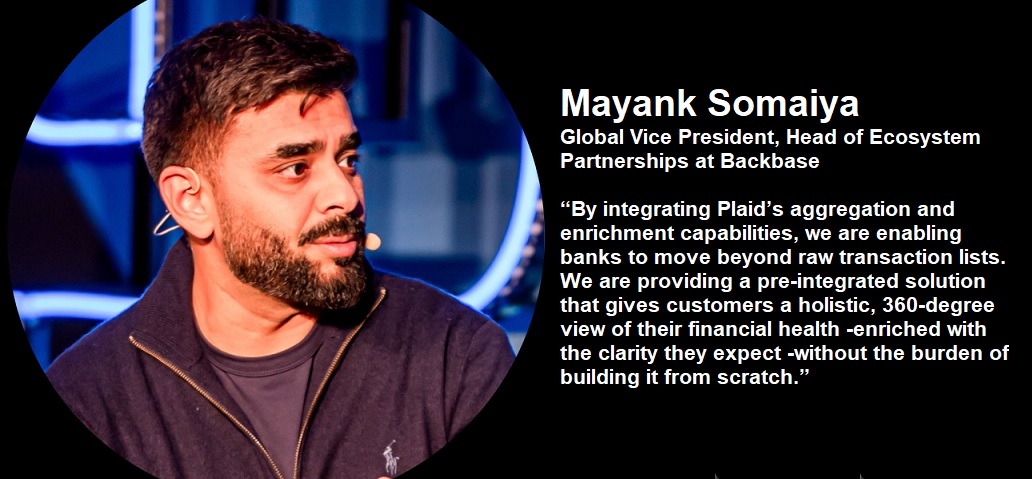Crypto: tax it, regulate it, subsidize it

an article written by Chris Skinner, the author of the bestselling book Digital Bank
I was reminded the other day of a quote by Ronald Reagan:
“If it moves, tax it. If it keeps moving, regulate it. And if it stops moving, subsidize it.”
He said this in the 1980s about the government’s view of the economy, but let’s apply it to cryptocurrencies. Initially irrelevant but now mainstream, many banks are incorporating cryptocurrencies into their portfolio of services. From custodial services at State Street to trading with JPMorgan to paying by crypto with Revolut and Stripe, the digital coin world has grown rapidly.
Commonwealth Bank Says Crypto ‘Already Mainstream’
“About 900,000 of our customers have transferred money to crypto exchanges over the last two years,” [Commonwealth Bank of Australia’s] Sophie Gilder said. “One in three Australians have a banking relationship with CBA. So we see this activity happening, our customers are already there, already in this space. You can say it’s already mainstream based on our stats.”
How many crypto owners in USA?
Research from July 2021 shows that 89% of American adults have heard of Bitcoin and 51% of Americans in May 2021 had bought cryptocurrency for the first time within the last 12 months.
Cryptocurrency Adoption to Grow Significantly in Latam
A survey has found that in Brazil, 25% of the surveyed say they will purchase crypto, followed by Colombia with 22.3% … and, in Argentina, the number of people buying cryptocurrencies is expected to more than triple, going from 5.55% to 18.4%, growing by 235%.
There were 9.8 million British cryptocurrency owners as of February of 2021.
Cryptocurrency Ownership Data for Russia 2021
It is estimated that over 17.3 million people, 11.9% of Russia’s total population, currently own cryptocurrency.
Inside China’s underground crypto mining operation, where people are risking it all to make bitcoin.
Experts estimate that as much as 20% of the worldwide bitcoin network remains in China.
It is funny when reflecting that crypto has grown to be mainstream so fast. Or is it? Crypto is not an overnight success. It’s been a 10-year burner that exploded in 2020 thanks to the pandemic. During the pandemic, most mainstream currencies (bitcoin, ETH) exploded with rises over 600%.
In fact, some would claim there was a direct correlation between Covid, lockdowns and crypto purchases, although it’s not proven.
What is proven is that a wild and wacky idea of creating a digital currency that could be traded globally governed by the network and not by a government … has come true.
If it moves, tax it.
This is the reason why so many governments have tried to ban trading in digital currencies and digital exchanges in recent times. They can see it going mainstream. More importantly, they want to tax it. For example, an email received from Coinbase in January 2022:
We’re writing to let you know about a notice HM Revenue and Customs (HMRC) issued to Coinbase under Paragraph 1, Schedule 23 to the Finance Act 2011. This notice requires us to provide information on your Coinbase account to HMRC.
The notice requires the disclosure of customers with a UK address who received payments of more than £5,000 in fiat currency out of electronic stored value payment services provided by CB Payments LTD during the 2019 and 2020 tax years.
And I’ve heard the same in most economies. Some have banned bitcoin, or are trying to, or think they can … more are creating their own coins called CBDCs (Central Bank Digital Currencies). Neat. Or is it?
If it keeps moving, regulate it.
What governments want to do is tax and regulate cryptocurrencies, and replace rogue currencies with their own. It’s a great idea. Is it workable? Maybe. After all, investing in cryptocurrencies today is pretty speculative and, as most government reps underline time after time, if you invest in such currencies be prepared to lose all of your money. But then they would say that, wouldn’t they?
Nevertheless, I agree with the notion as a regulated cryptocurrency system is a safer system. Instead of losing money to hacks or CEOs who die with their passwords, you would have a system you could trust. That’s what all monetary systems come down to: trust. After all, if things fail, you want some way to get things back to normal.[It is also noteworthy, from a personal view, that the UK is now stepping in to regulate crypto markets]
If it stops moving, subsidize it.
If cryptocoins fail, how do you get your money back? You don’t, unless it is regulated. That’s the point.
Gradually governments will tax and regulate any crypto market. There will still be those who avoid such government actions, who trust the network, who do well outside the system … but when they lose everything, they’ll be spitting feathers wondering why they didn’t put their money in a system that was insured.
#justathought
About the author
Chris Skinner is best known as an independent commentator on the financial markets through his blog, TheFinanser.com, as author of the bestselling book Digital Bank, and Chair of the European networking forum the Financial Services Club.
He has been voted one of the most influential people in banking by The Financial Brand (as well as one of the best blogs), a FinTech Titan (Next Bank), one of the Fintech Leaders you need to follow (City AM, Deluxe and Jax Finance), as well as one of the Top 40 most influential people in financial technology by the Wall Street Journal’s Financial News.
Dariusz Mazurkiewicz – CEO at BLIK Polish Payment Standard
Banking 4.0 – „how was the experience for you”
„To be honest I think that Sinaia, your conference, is much better then Davos.”
Many more interesting quotes in the video below:









